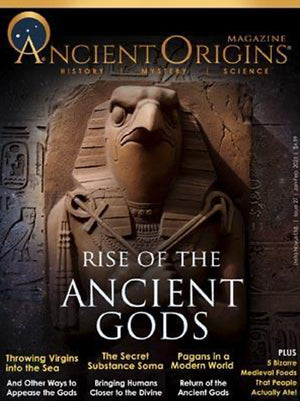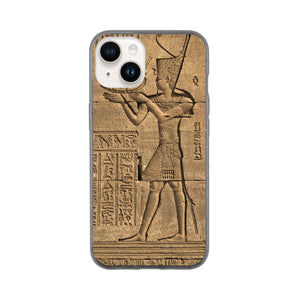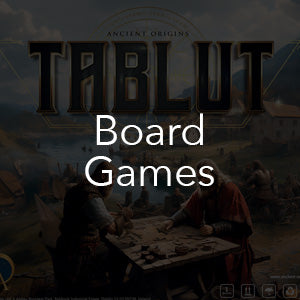
The Origin of Languages and Scripts
- Regular price
- $10.00
- Sale price
- $10.00
- Regular price
-
- Unit price
- per
-
Product Information
Why don’t we still use Egyptian hieroglyphs? What happened to Mesopotamian cuneiform?
Writing originated more or less at the same time and in the same manner by approximately the middle of the fourth millennium BC all along the great rivers of the world, with the Chinese script along the Wuang-Ho River, the Indian script along the Indus River, the Egyptian hieroglyphs along the Nile, and the Mesopotamian cuneiform signs along the Tigris and the Euphrates.
However, the alphabetical letters, as we use them today, have an extended history that dates back to the latter part of the second millennium BC. They most probably developed in the eastern part of the Mediterranean (present Syria and Lebanon). The more complicated writing systems in the Ancient Near East, such as the Egyptian hieroglyphs and the Mesopotamian cuneiform, could no longer effectively serve the trade processes and required a simpler alphabetical system to improve the communication system for everyday use in this geographical gateway area.
Special guest Dr. Fanie Vermaak returns to Ancient Origins Premium to present on the history and fates of ancient languages and scripts.
Dr. Fanie Vermaak is a professor in Ancient Near Eastern Studies at the University of South Africa. With an initial background in theological studies (also ordained minister of the Dutch Reformed Church) he focuses on various cultural activities in the Ancient Near East, specializing in Sumerian and Egyptology.
Vermaak studied Theology and various Semitic Languages at the Universities of the Free State (Bloemfontein) and Stellenbosch, South Africa. He specialized (PhD) in the cuneiform (Sumerian) studies of the Ur III period (2100-2000 BC) on the activities of the temple administrators of Southern Mesopotamia and published also extensively in this regard. He extended further studies with the various ancient gateways of the Near East towards also the outside world so far as the Indus Valley. Vermaak is also the chairperson of the Ancient Egypt and Near Eastern Society (AENES) who is responsible for the monthly evening lectures for the public sector (15 years). He served eight years on the national academic society called Southern African Society for Near Eastern Society. He is a founding member of the International Society of Cuneiform Studies. Fanie often acts as a Middle East analyst on various media and has a special interest in the ancient and modern Near East or Middle East.






















